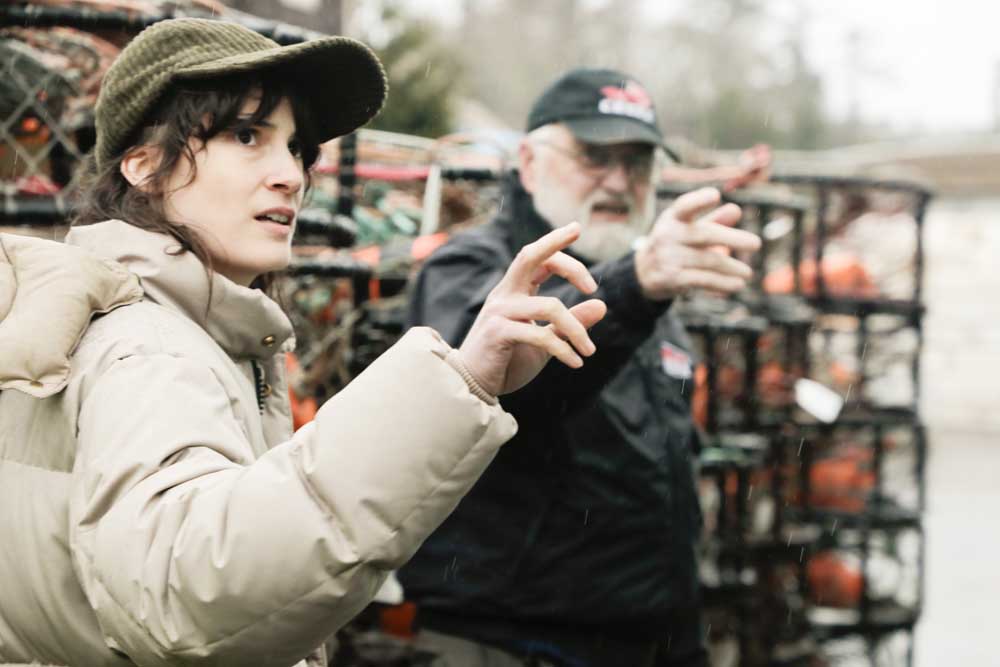English ivy added to list of plants illegal to buy, sell
Published 10:10 am Tuesday, July 22, 2025
It will soon be illegal in Washington to buy or sell English ivy, the fast-growing, climbing vine that can weaken and kill trees and overtake native plants.
The Washington State Department of Agriculture, earlier this month, added 19 species, including English ivy and Atlantic or Boston ivy, to its noxious weed, seed, and plant quarantine list.
Under state law, all species on the list cannot be transported, bought, sold or distributed in Washington. Anyone who does have a plant on the list is required to destroy or dispose of it in a way that prevents its spread.
Trending
The Department of Agriculture began the process of adding plants to the list in May after receiving multiple petitions from members of the public.
“Initiating quarantines for these plants, forbidding entry or distribution of them gives a critical tool to control and prevent infestation,” the Department of Agriculture wrote in an explanatory statement that accompanied the update of the list.
Public comment ran from May 7 to June 24. The proposal was finalized on July 9 and it takes effect Aug. 9.
Feedback from the public and local stakeholders, including weed boards and other state-level organizations, overwhelmingly supported adding the 19 species to the quarantine list, according to the Department of Agriculture.
Support for the inclusion of English ivy was especially strong, the agency said.
In addition to shading out tree foliage, ivy can add weight to trees, increasing the risk of wind damage. It can also result in bark damage, making trees more susceptible to insects and disease. When the vine spreads on the ground, it can crowd out native plants.
Trending
English ivy has been classified as a Class C noxious weed in Washington since 2002, but that classification only allows individual counties to enforce control of the plant if they choose to, and doesn’t place any statewide limits on its distribution.
Public commenters voiced support for adding other plants to the quarantine list, including English holly, English laurel, and Himalayan blackberry. Those plants were not included in the update.
The Department of Agriculture said that “while these suggestions were considered, some species could not be added due to regulatory, scientific, or procedural limitations, or simply because they are not currently available for sale in Washington state.”










